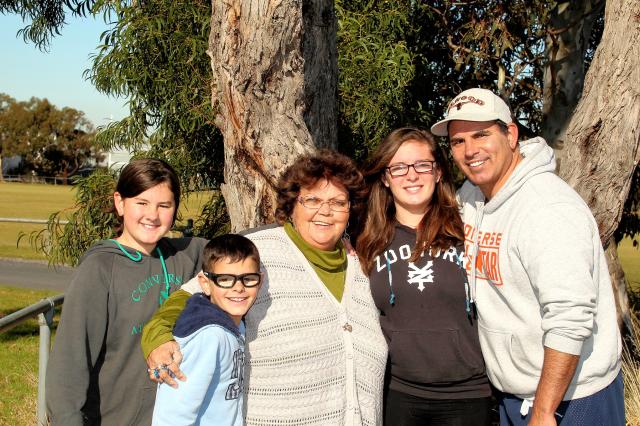
By DAVID SCHOUT: dschout@mmpgroup.com.au
PRIDE, identity and recognition. For Aunty Elaine Taylor, whose
family members were the first indigenous people to move into the
Dandenong/Doveton area, these are the key things for her people.
During last week’s NAIDOC (National Aboriginal and Islander Day
Observance Committee) Week celebrations, the sentiments were especially
pertinent.
“We’ve come a long way,” she said. “I tell my kids and grandkids
that we once had a white Australia policy and they almost died of
surprise. My family were the first to move into this area in the 1960s,
so I’ve seen many changes here as well.”
NAIDOC Week, which had its beginnings in the 1950s, has become an
annual period of remembrance and celebration for Aboriginal people and
Torres Strait Islanders.
This year’s theme, titled “We value the vision: Yirrkala Bark
Petitions 1963”, marks 50 years since the Yolngu people of Yirrkala in
north-east Arnhem Land sent two bark petitions to the Australian House
of Representatives to protest the Commonwealth’s granting of mining
rights on their land.
It was the first time the Australian Parliament recognised
documents from indigenous Australians. Mrs Taylor said the week held a
special place in her heart, as it did for the entire Dandenong and
District Aborigines Co-operative.
“It’s especially important for those up-and-coming
generations to keep it going,” she said. “A lot of the kids marry into
non-Aboriginal families and it’s important they have those values
instilled and that they’re proud of their background.”
Community leader Terri-Lee Mobourne reiterated the
sentiment: “They’ll be leading the way in future. NAIDOC strengthens who
they are and their pride within. It means they can go to school and
talk about it with their friends. It’s planting a seed.”
Mrs Taylor said her people sometimes felt forgotten in culturally diverse Dandenong.
“A lot of exposure is given to other cultures, but not much to our
culture,” she said. “It’s about awareness; we’re not as recognised. I
think the public get swallowed up with the exposure of all other
cultures.”
At last week’s celebration at Greaves Reserve, senior Wurundjeri
elder Pat Ockwell made a welcome speech before an afternoon of family
activities.






